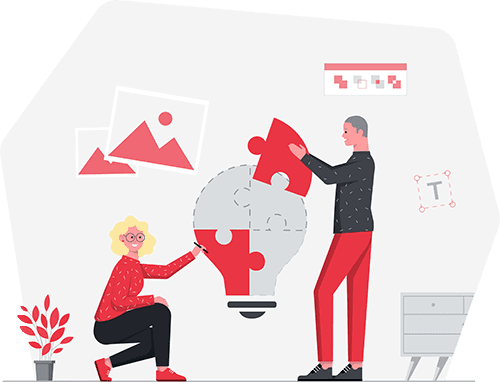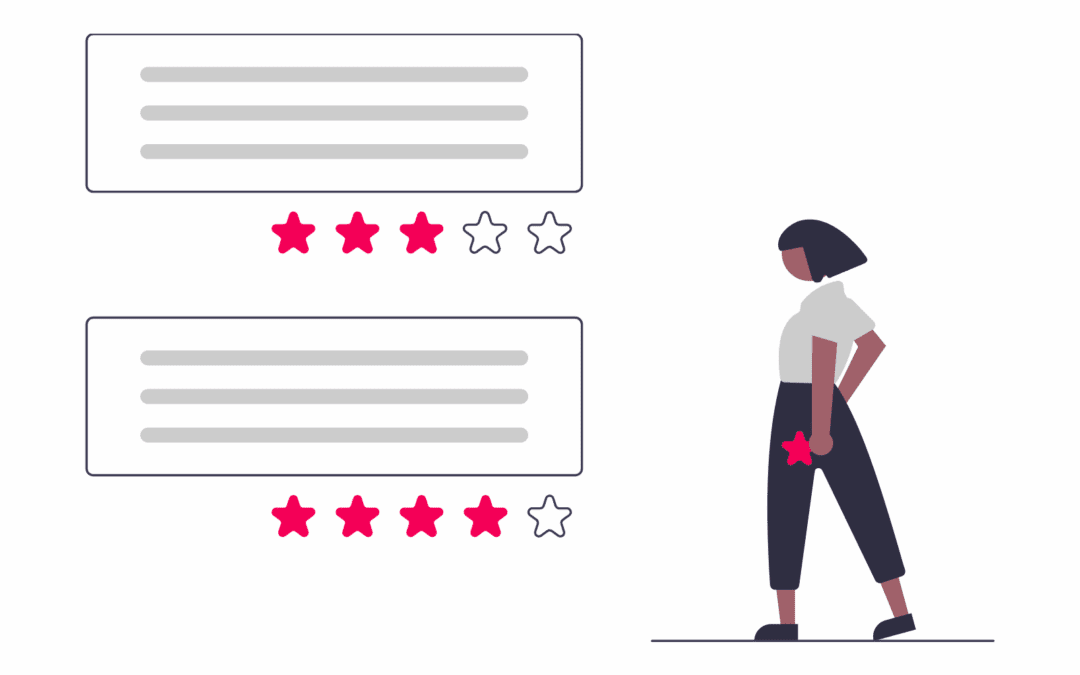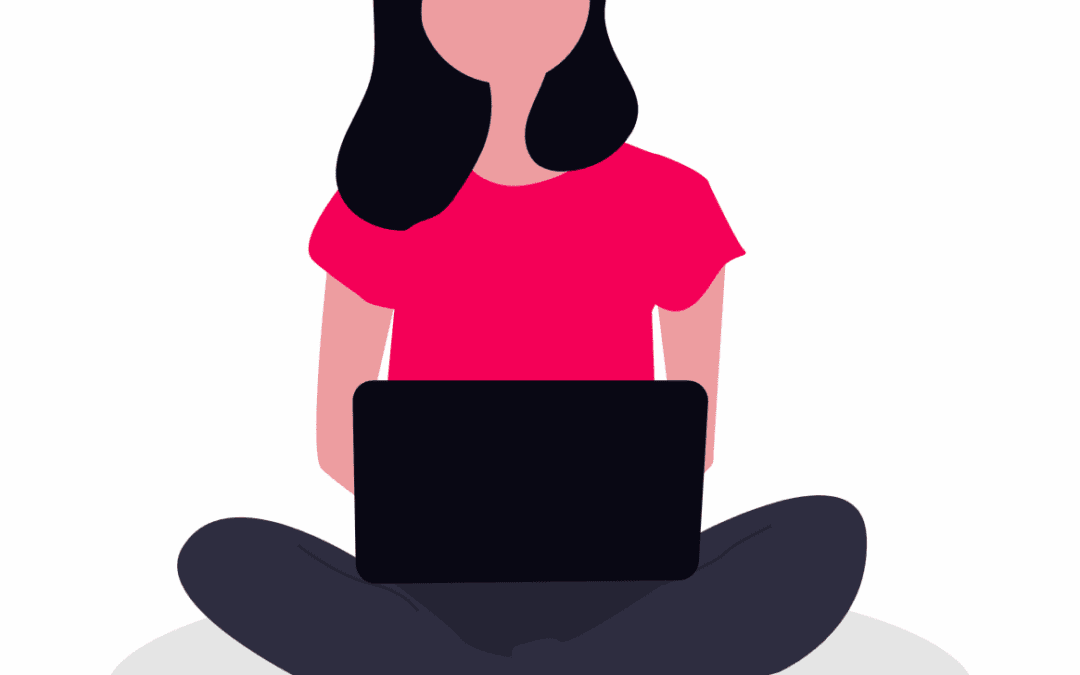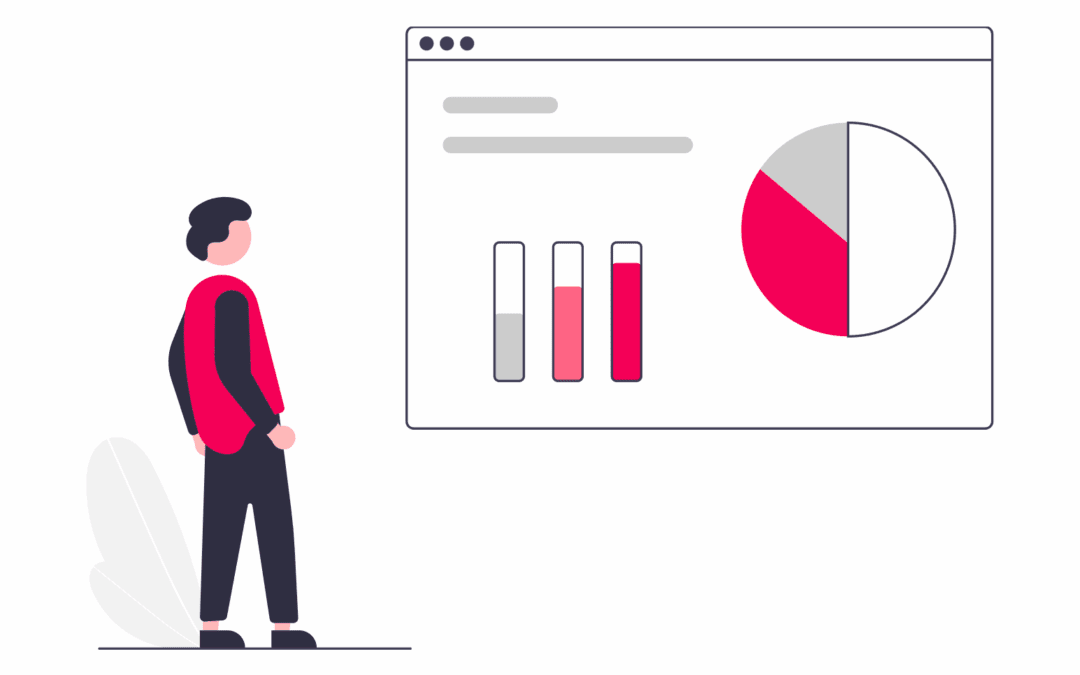Websites are always fun and exciting projects to take on but there are many things to consider when designing a website for your company. It’s no small task to undertake, and some type of wire-framing, goal-setting, planning, testing, and more are needed to get started. Several factors influence your website’s success, especially when compared to more traditional forms of advertising. Let’s take a look at some of the most important ones, and how they can impact your site’s success.
Purpose
The most important thing to consider is what your website is for. Is your site to inform, entertain, sell, or a combination of all the above. If you don’t have a clear idea of what your site is for, how will your visitors know? So before starting your website project take time to flesh out your ideas and tell us what the purpose and value of your business is. Would you like to inform your audience about a service or this purely educational? Next, you need to consider who your visitor demographics are and so we can best determine how to design the site to give them the best overall experience. Some demographics do better with fonts and buttons that are larger due to their age and some sites need to be optimized for accessibility. These are things that need to be considered for your visitors to have a good experience and to keep them coming back.
Content
We have all heard the saying “ content is king”, well it is true! Content is really important and the reason users come to your website. Your website is only as good as the content that it contains, and the content that it promotes. This means that your website design should be built around your content and that the content should be built around what your intended market wants to see. The content on your website will define your message and brand personality. This process needs to be well thought out. Your branding and content should for the most part be evergreen, meaning that it should not have to change constantly. Here is where the planning comes in. Do you already have pre-existing content or do you need it to be written? What marketing materials are available for us to use, video, photography, graphics, and branding guidelines? These all shape the look and feel of your website.
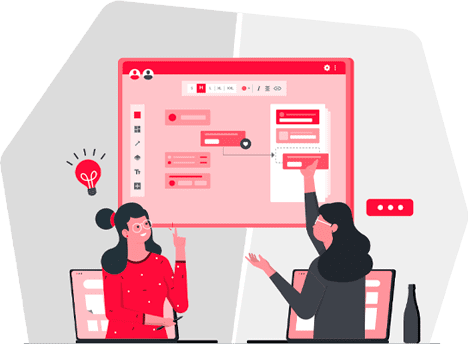
Maintenance
Now that we have all of your content down. Who is responsible for editing your website? Do you have an in-house key person or would you like us to handle all of the maintenance and updates for you? Throughout the month you may have blogs, news, or other content updates that may need to be made. Not everyone will have the time or will simply not want to make the changes for fear of breaking their site and that’s okay. We are here to train you and help you navigate the backend so you can make updates yourself or you can simply just pass the updates to us.
Functionality
Finally, we will need to understand what functionality you will need to have on your website. There is a big difference between a website that is designed for eCommerce and one that is merely optimized for collecting data. You can gather ideas for this by looking at competitor websites. Do you need a payment portal for products that you are selling or contact forms to collect data? Would you like users to subscribe to blogs and newsletters to get updates? All of these functionalities affect how we approach the design process so it’s a good idea to think about these early on in the project. All of these questions tie back to the overall purpose and goal of your website.
After the purpose, content, editing, and site functionality is all planned out the development process can begin. We now can take your ideas and content and turn your website into a site where the overall design will be aesthetically pleasing and engaging to the user. Users will be able to easily navigate and understand, with minimal errors or inconsistencies. Also, every website must be a responsive website. Your new website will be built specifically for mobile devices, allowing users to view the content and navigate the site regardless of their device. This will help to increase the likelihood of website visitors and will increase conversions. This is one of the most significant advantages of responsive web design.
Conclusion
So while websites do take careful consideration and planning it is a great investment into your business especially when it is likely the first impression you will make to users.
Work With Us
Ready to start your next web development project with Ruby Shore Software? Reach out today! Our team would be happy to help you launch your web design project.
